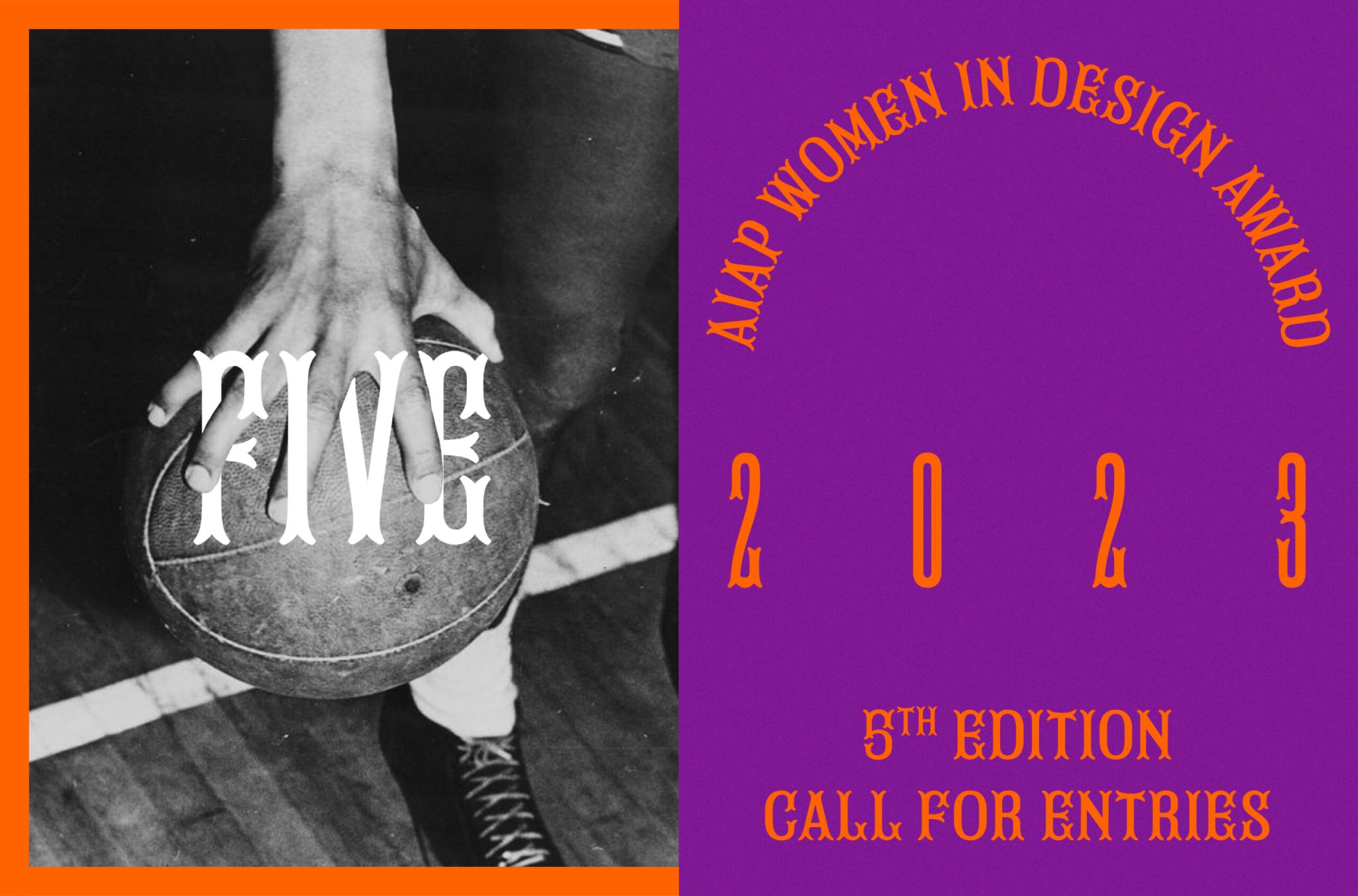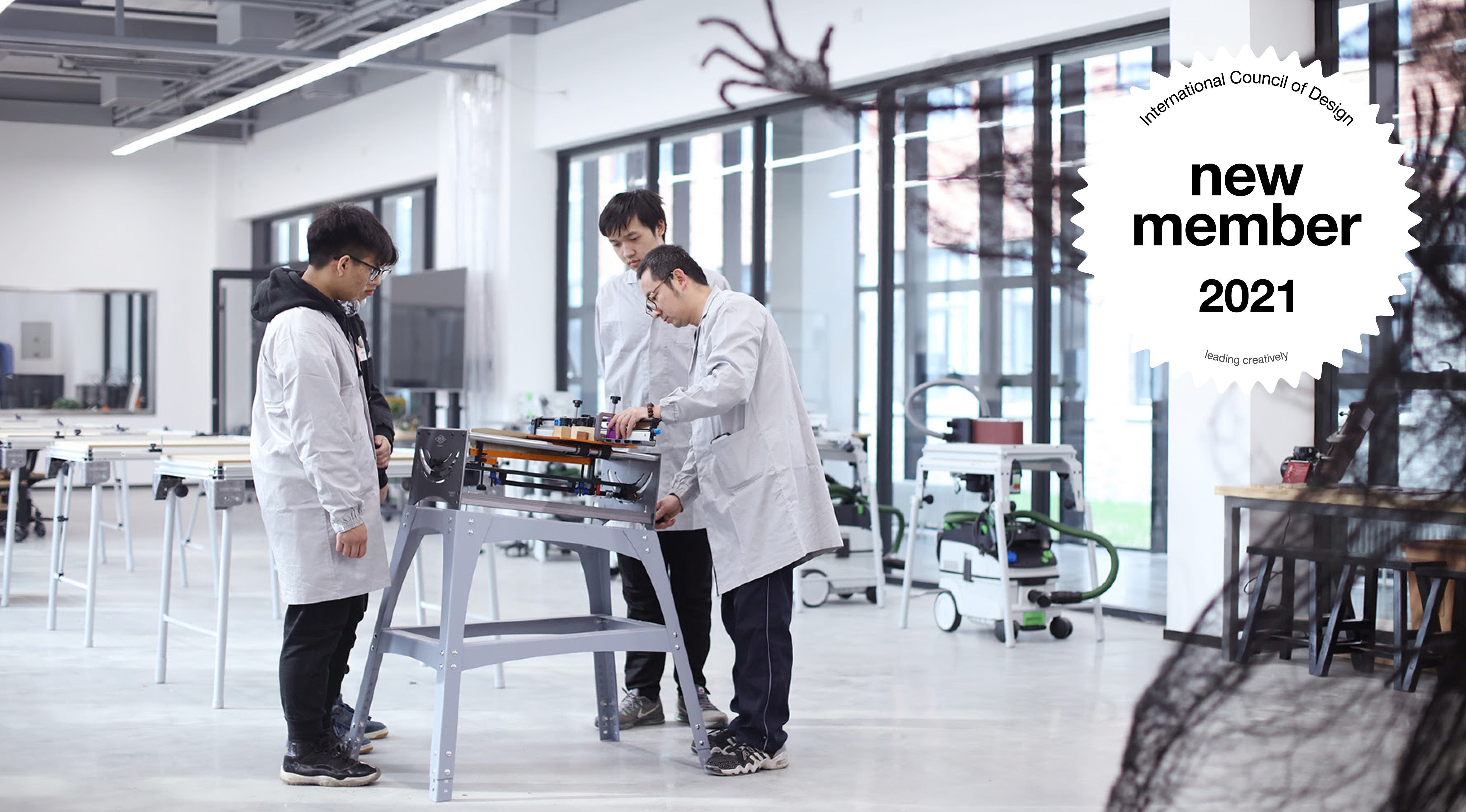ICOGRADA 'FRONTEIRAS' CONFERENCE PUSHES DESIGN BORDERS

12.05.2004 News
Brussels (Belgium) - Ten speakers from six continents challenged designers to discover the power of design and to push its limits at the Icograda 'Fronteiras' Conference in Sao Paulo, Brazil. From 29-30 April 2004, designers from Latin America and around the world gathered at the Auditorio Simon Bolivar, Memorial da America Latina, to share cultural experiences and discuss the future of their profession. Audience members were able to interact with speakers during question-and-answer sessions following each presentation.
Speaker Ellen Shapiro (USA) set the stage by defining 'Fronteiras': as 'borders' (the literal translation from Portuguese) and as 'frontiers', a term that can be used to define an 'undiscovered country' and an opportunity to explore the unknown. Max Bruinsma (The Netherlands) followed with a discussion on the roles of design and designers: "Designers are cultural agents...By assisting open and honest information exchange, visual communication ultimately supports social and economic development."
Alison Joy page (Australia) and Bennett Peji (USA) each documented their design processes for creating spaces where ethnic groups can gather and express their community identity. The speakers revealed a common holistic approach to their projects and urged the audience to draw from core human values when designing for cultural spaces. Alison Page: "Consult with the community, find new ways to tell old stories...The journey is more important than the product."
Kurnal Rawat (India), Garth Walker (South Africa) and Ronald Shakespear (Argentina) presented unique approaches to de-coding visual language. Shakespear gave an anecdotal speech demonstrating the need to communicate at a level appropriate to the viewing audience. Rawat's colourful compilation of Mumbai's urban typography showed the importance of archiving a culture's visual history. Walker's development of a new typeface based on the visual language at an historical jail site was a journey from South Africa's dark political past to a hopeful, more tolerant future.
Sustainability was the focus of presentations by industrial designer Fumi Masuda (Japan), photographer Pedro Martinelli (Brazil) and founder of Natura cosmetics company, Luis Seabra (Brazil). The three presenters shared a common philosophy of creating a relationship with the environment and community, taking responsibility for one's actions and communicating those responsibilities through visual media.
The Auditorio Simon Bolivar, Oscar Niemeyer's austere architectural wonder of concrete and glass, was a fitting venue for a conference dedicated to pushing design borders. 'Fronteiras' showed that designers can truly make a difference in society by venturing into undiscovered territory, exchanging information and forwarding their profession. Icograda Past President, Robert L. Peters (Canada), closed the conference with this message: "Icograda's goals are to build international discourse and to build a forum for future-mindedness...All human change has started with conversation."
For more information about Icograda Design Week in Sao Paulo, visit:
E: secretariat@icograda.org
W: http://www.saopaulo.icograda.org
Speaker Ellen Shapiro (USA) set the stage by defining 'Fronteiras': as 'borders' (the literal translation from Portuguese) and as 'frontiers', a term that can be used to define an 'undiscovered country' and an opportunity to explore the unknown. Max Bruinsma (The Netherlands) followed with a discussion on the roles of design and designers: "Designers are cultural agents...By assisting open and honest information exchange, visual communication ultimately supports social and economic development."
Alison Joy page (Australia) and Bennett Peji (USA) each documented their design processes for creating spaces where ethnic groups can gather and express their community identity. The speakers revealed a common holistic approach to their projects and urged the audience to draw from core human values when designing for cultural spaces. Alison Page: "Consult with the community, find new ways to tell old stories...The journey is more important than the product."
Kurnal Rawat (India), Garth Walker (South Africa) and Ronald Shakespear (Argentina) presented unique approaches to de-coding visual language. Shakespear gave an anecdotal speech demonstrating the need to communicate at a level appropriate to the viewing audience. Rawat's colourful compilation of Mumbai's urban typography showed the importance of archiving a culture's visual history. Walker's development of a new typeface based on the visual language at an historical jail site was a journey from South Africa's dark political past to a hopeful, more tolerant future.
Sustainability was the focus of presentations by industrial designer Fumi Masuda (Japan), photographer Pedro Martinelli (Brazil) and founder of Natura cosmetics company, Luis Seabra (Brazil). The three presenters shared a common philosophy of creating a relationship with the environment and community, taking responsibility for one's actions and communicating those responsibilities through visual media.
The Auditorio Simon Bolivar, Oscar Niemeyer's austere architectural wonder of concrete and glass, was a fitting venue for a conference dedicated to pushing design borders. 'Fronteiras' showed that designers can truly make a difference in society by venturing into undiscovered territory, exchanging information and forwarding their profession. Icograda Past President, Robert L. Peters (Canada), closed the conference with this message: "Icograda's goals are to build international discourse and to build a forum for future-mindedness...All human change has started with conversation."
For more information about Icograda Design Week in Sao Paulo, visit:
E: secretariat@icograda.org
W: http://www.saopaulo.icograda.org

relatedarticles
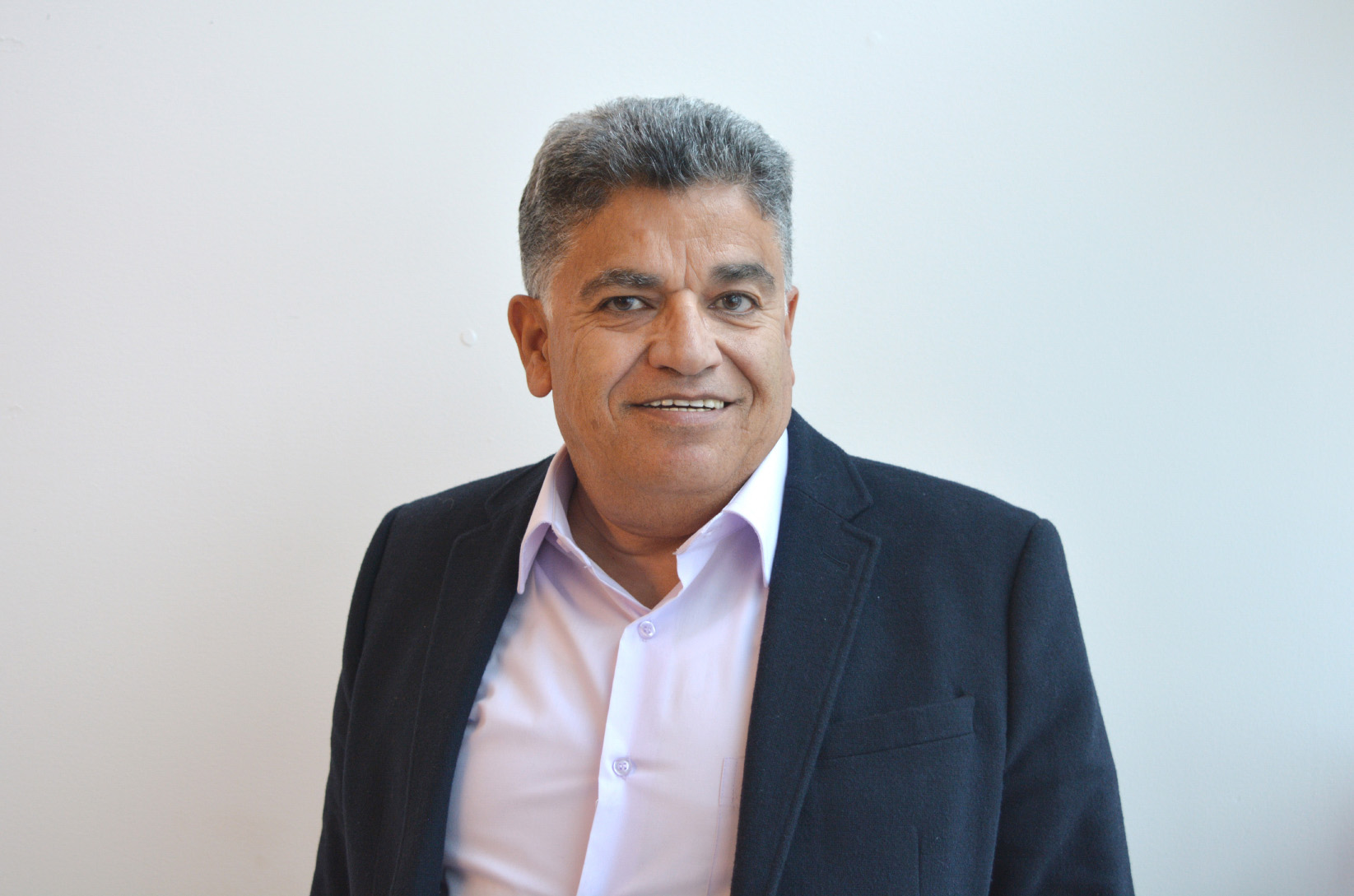
04.05.2021 News
in memoriam: essam abu awad (1958-2021)
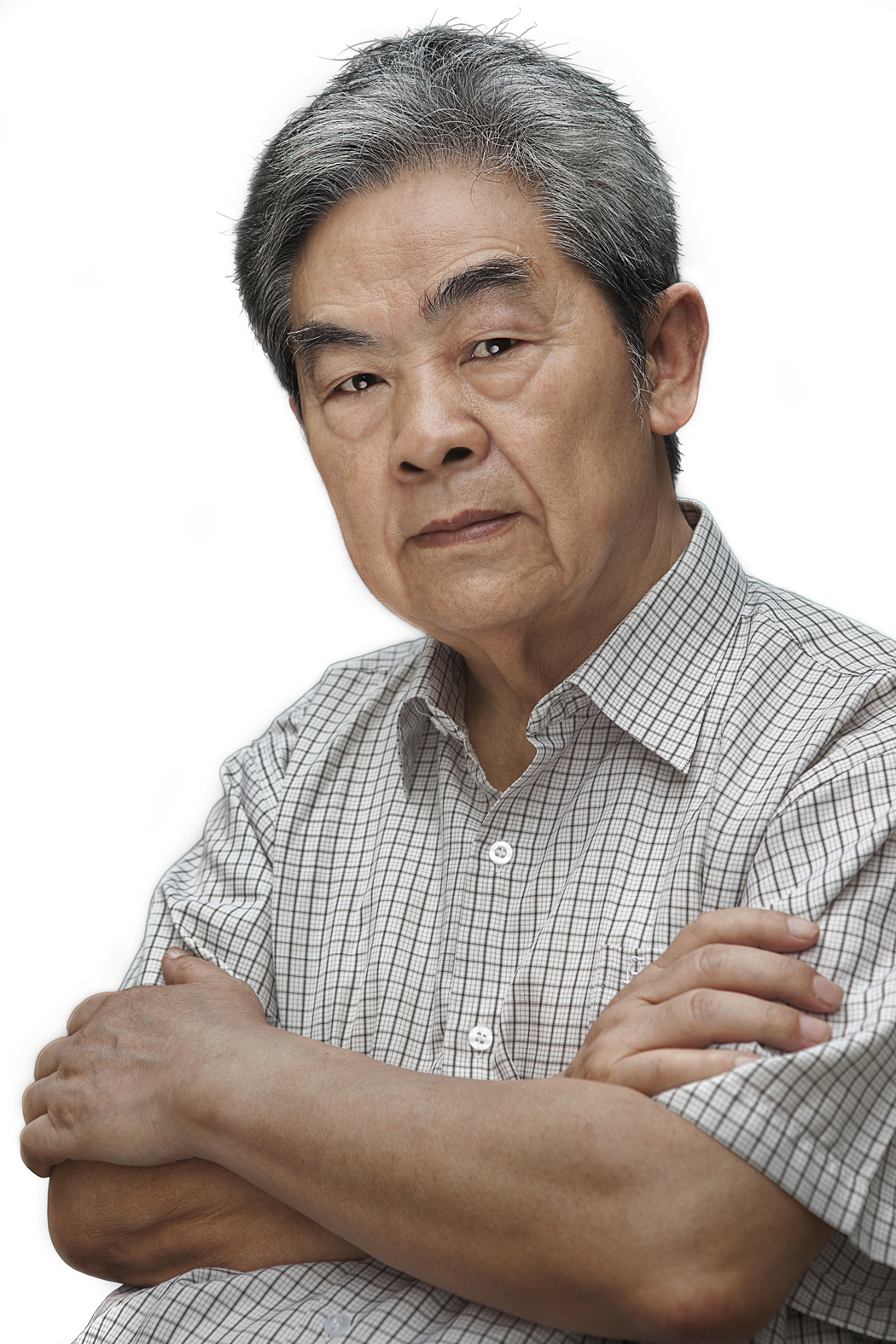
10.16.2020 News
in memoriam: yu bingnan (1933–2020)
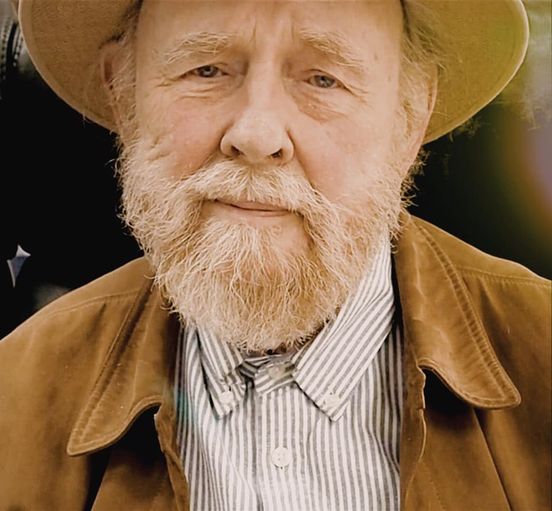
10.02.2020 News
